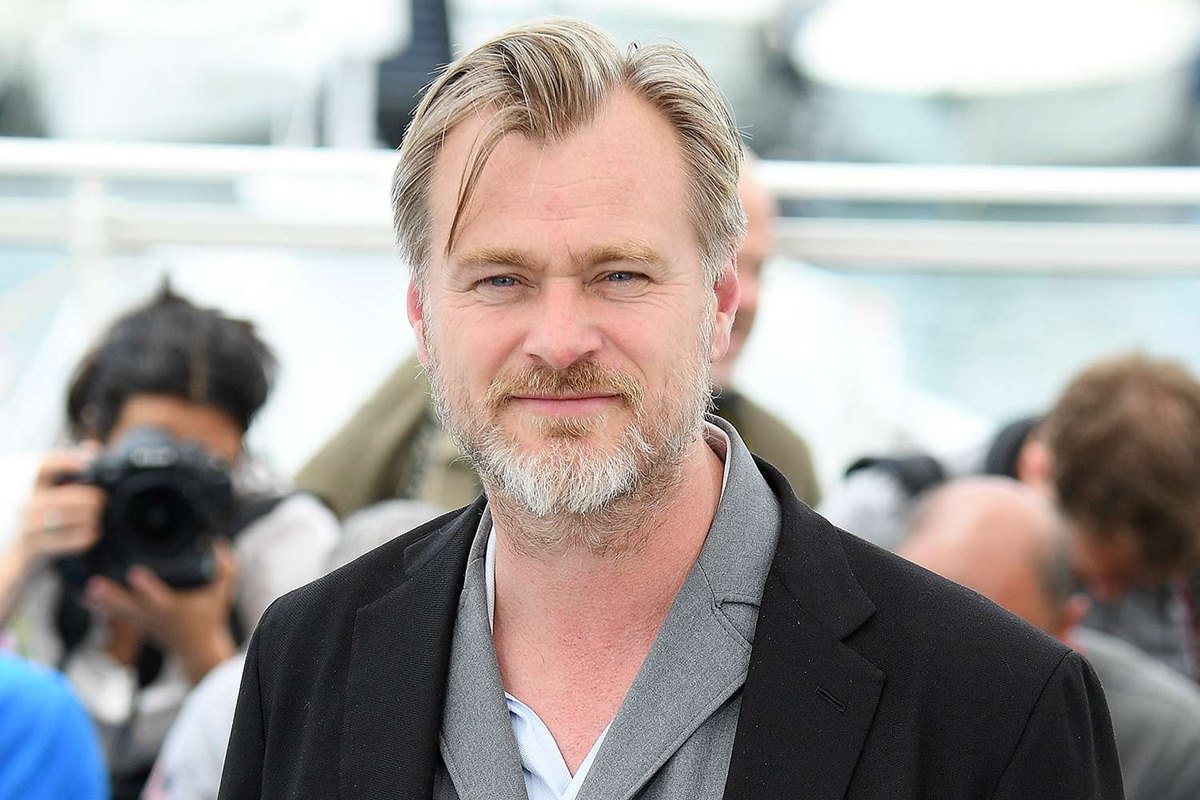Robin Wright defends Jenny from ‘Forrest Gump’ against anti-feminist criticism
Robin Wright defends her 'Forrest Gump' character, Jenny, against anti-feminist claims, emphasizing her complex journey and bond with Forrest.
Christopher Nolan weighs in on Hollywood’s franchise debate, emphasizing the need for a balance between established titles and originality, advocating for a diverse cinematic landscape.

In a recent dialogue with the Associated Press (AP), acclaimed filmmaker Christopher Nolan has thrown his hat into the ring of the ongoing discourse surrounding the impact of superhero franchises on the cinematic landscape. This discussion, ignited months ago by Martin Scorsese’s critique, has now found resonance in Nolan’s perspective, a voice synonymous with groundbreaking cinema.
Nolan, the creative genius behind the recent release “Oppenheimer,” shared his insights on the delicate equilibrium between Hollywood’s reliance on established franchises and the imperative for originality in filmmaking. In a nuanced approach, he acknowledged the pragmatic role of well-established titles that guarantee a return on investment, providing audiences with familiar narratives. This, he argued, has been a longstanding economic cornerstone in the film industry, facilitating the creation and distribution of a diverse range of cinematic endeavors.
However, Nolan was quick to emphasize the significance of catering to the audience’s hunger for novelty. “A healthy ecosystem in Hollywood is about a balance between the two things and always has been,” Nolan remarked during the interview. He elucidated that the thrill of cinema lies not only in revisiting beloved franchises but also in the uncharted territories of the unknown—a sentiment echoed in the joy of encountering a movie trailer for a previously unheard-of film or a genre one has yet to explore.
Advertisement
Addressing the often-overanalyzed reactions of audiences to specific film genres, Nolan struck a pragmatic chord. “They’re not realistic in terms of how we will watch movies,” he remarked, highlighting the diversity of expectations that moviegoers bring to the cinema. Nolan encapsulated this diversity by illustrating the myriad genres that grace the silver screen, from horror and comedy to documentaries. The cinematic canvas, according to Nolan, is boundless, with the allure lying in the boundless possibilities it offers.
In a parting thought, Nolan championed the concept that a flourishing cinematic landscape is contingent upon embracing this diversity. “The more variety we have, the more interesting films being made, the better it is for all of us as moviegoers and as industry professionals,” he asserted. In a world where the debate on cinematic evolution rages on, Christopher Nolan stands as a proponent of a harmonious coexistence between the tried-and-true and the unexplored realms of storytelling.
Advertisement